'DNA' child killer Colin Pitchfork parole appeal heard
- Published
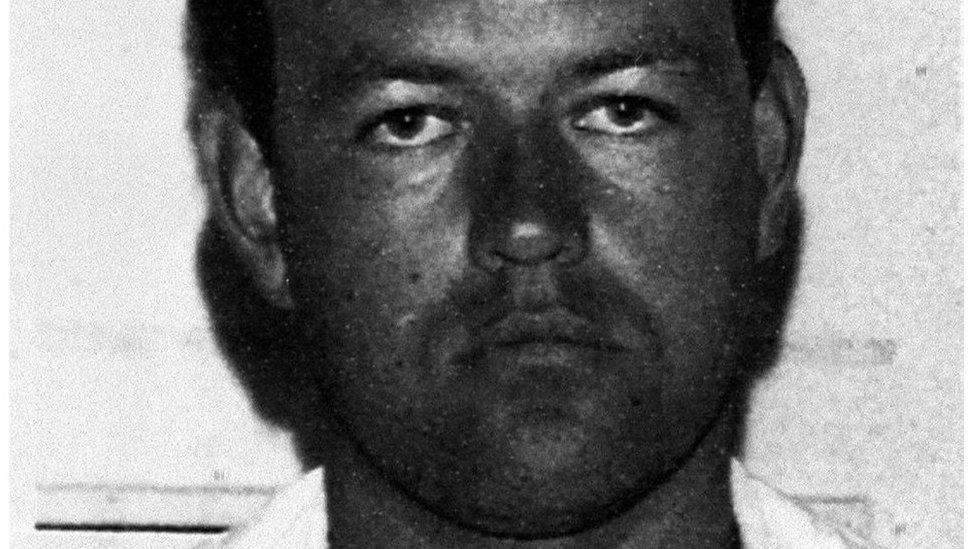
Colin Pitchfork's minimum term was reduced to take into account the "exceptional progress" he had made in custody
The Parole Board has met to consider the case of a notorious child killer who became the first person in the world to be convicted using DNA evidence.
Colin Pitchfork was given a life sentence in 1988 for the rape and murder of 15-year-old schoolgirls Lynda Mann and Dawn Ashworth.
Both victims' families oppose his release.
The Parole Board's decision will be issued within 10 working days.
Live updates and more from Leicestershire
Barbara Ashworth, Dawn's mother, said: "I think life should mean life because obviously if they are in prison they aren't put in a situation where they can commit those sort of crimes again.
"If he was released I would feel that it was a matter of time until these feelings came over him again. Once he's out again in the community it would be quite easy for him to think 'Oh, I'll pick up where I left off'."
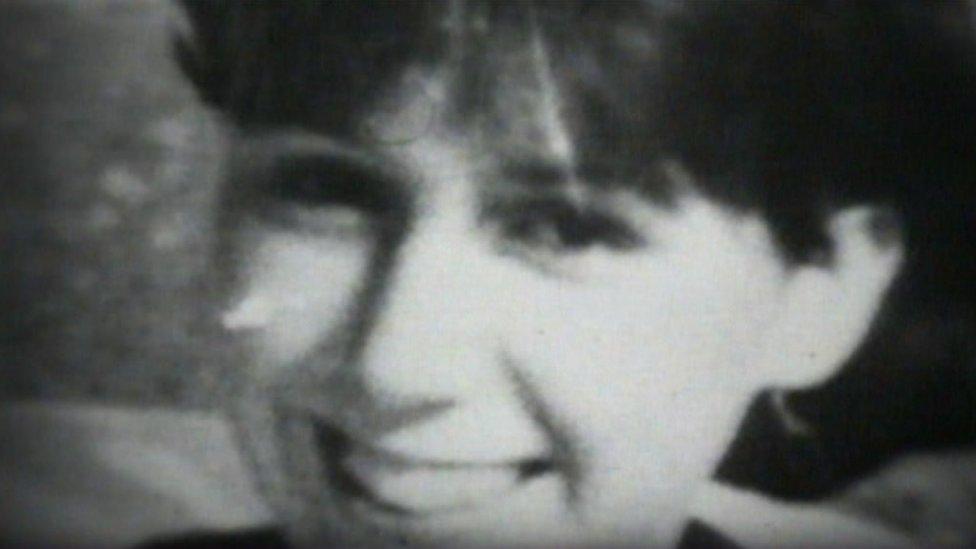
Lynda Mann was just 15 years old when she was raped and murdered walking in her home village of Narborough
Rebecca Eastwood, Lynda Mann's sister, started a petition demanding Colin Pitchfork is never released and gave evidence to the panel considering his request.
He was originally given a life sentence with a minimum term of 30 years.
However, in 2009 the Court of Appeal reduced the minimum term to 28 years to take into account the "exceptional progress" Pitchfork had made in custody.
The Parole Board said in a statement: "We can confirm that a panel of the Parole Board this week considered the parole review for Mr Colin Pitchfork.
"At this time, we have not received the panel's decision; it is expected to be issued within the next 10 working days.
"We are unable to comment further on the details of this case."
Before sanctioning a prisoner's release, the Parole Board has to be sure he or she no longer poses a risk to the public.

How DNA caught Colin Pitchfork
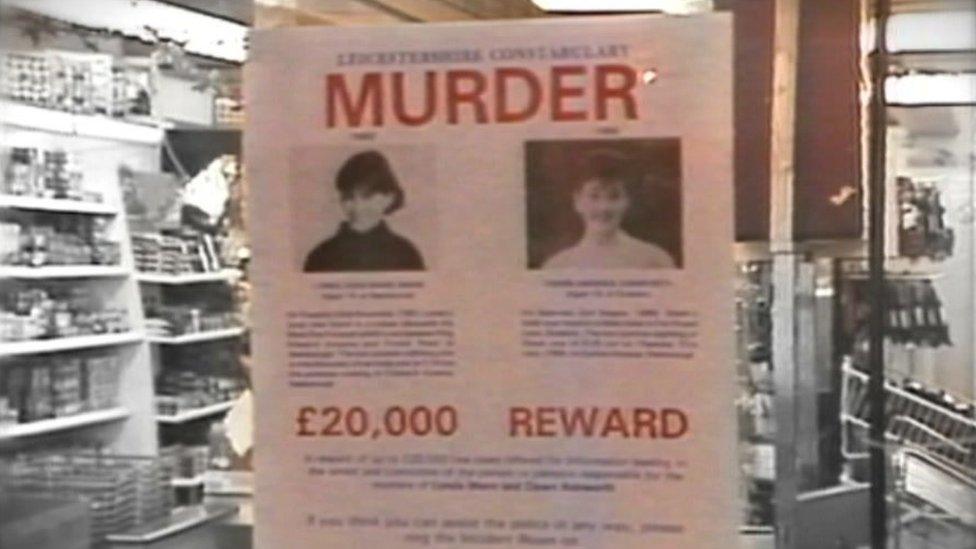
Colin Pitchfork raped and strangled both of his victims
Colin Pitchfork left his baby son sleeping in the back of his car and raped Lynda as she made her way to a friend's house in the Leicestershire village of Narborough in November 1983. He then strangled her with her own scarf, drove home and put his son to bed.
Three years later, less than a mile from the spot where Lynda died, he raped and murdered Dawn Ashworth. The pathologist who examined her body described it as a "brutal sexual assault". She too was then strangled.
The police investigation initially led to the wrong man, although he falsely confessed to one of the killings, and it was only thanks to the development of DNA fingerprinting that Pitchfork was eventually caught.
The police turned to The University of Leicester's Dr Alec Jeffreys for help in cracking the case.
With DNA profiling, originally used in paternity disputes, experts proved a 17-year-old boy's innocence before carrying out a mass screening of 5,000 men.
Even then, Pitchfork evaded justice by persuading a colleague to take the test for him, going so far as to replace his passport photograph.
But he was overheard boasting about the case in the pub and was eventually arrested. His DNA profile ultimately led to his guilty plea and life sentence.

- Published6 September 2015
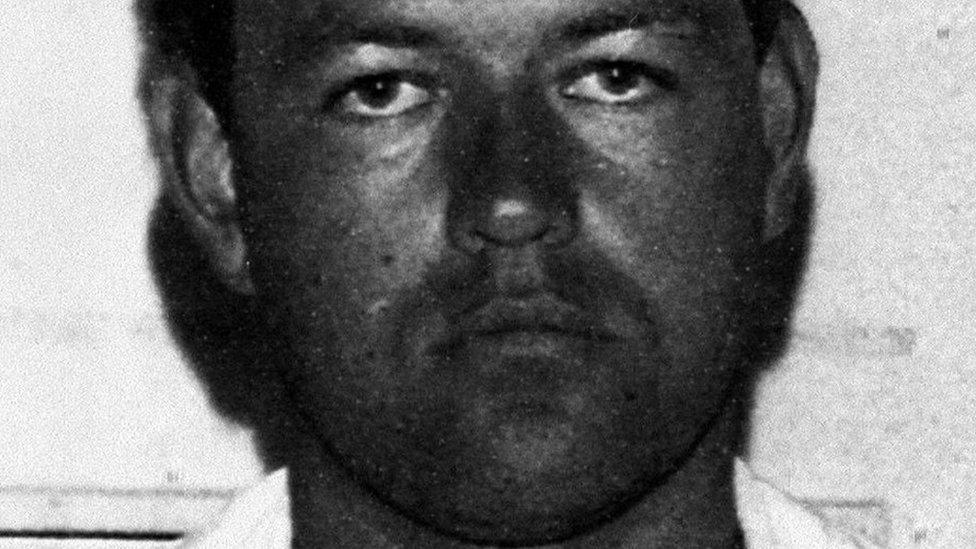
- Published26 May 2015
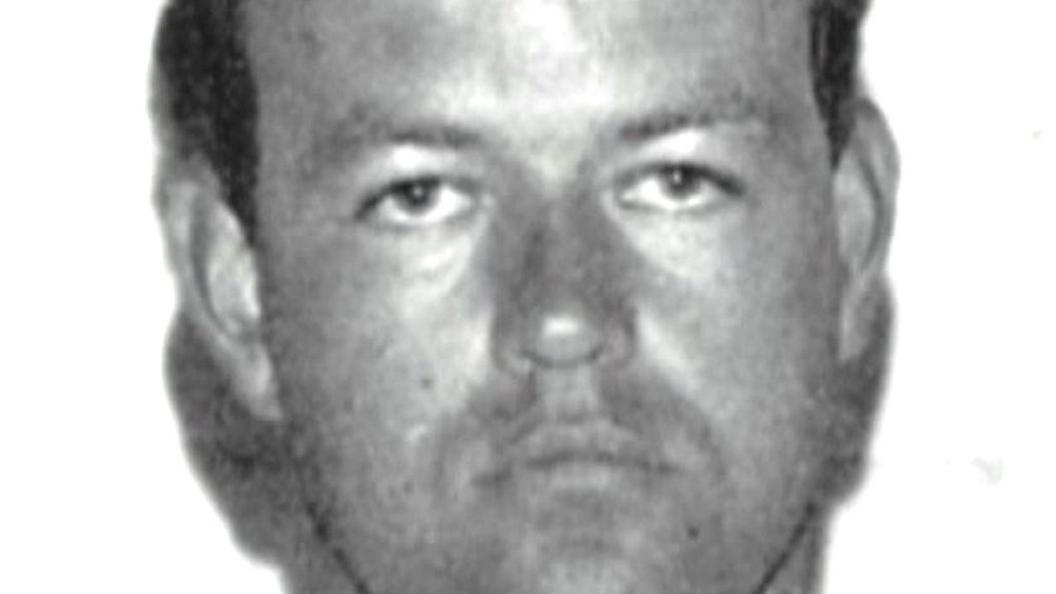
- Published1 May 2015
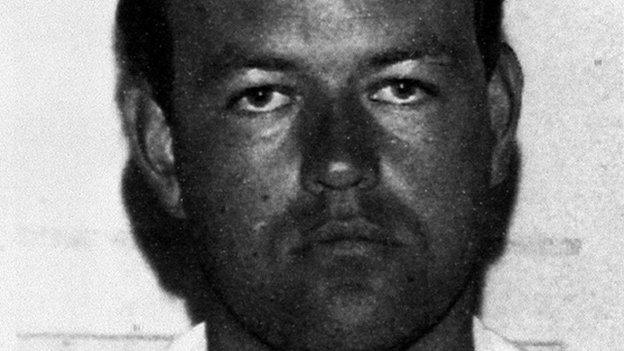
- Published27 April 2015
